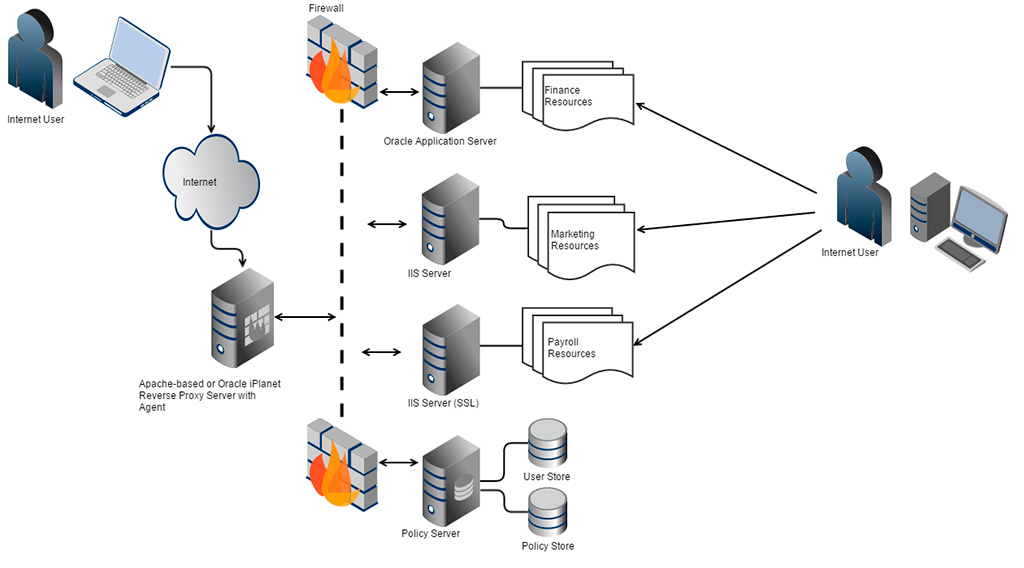Do you need a Residential IP address to access content that is restricted to certain geographic areas? Maybe you want to watch your favorite show on Netflix, but it’s only available in the United States. Or maybe you’re a business owner who wants to expand your market reach by targeting customers in other countries. In either case, using a Residential IP address via SOCKS5 can help! In this blog post, we will discuss what Residential IP addresses are, how they work, and how you can use them via SOCKS5.
What is a residential IP address and why would you want one?
A residential IP address is a unique numerical identifier assigned to each device connected to the internet at a home or business. Residential IP addresses are used in contrast to business or public IP addresses, which are typically shared among multiple users.
How does SOCKS5 work, and how can it be used to get a residential IP address for your device or computer?
SOCKS5 is a proxy server protocol that allows for indirect network connections between a client and a server. This means that when you connect to a SOCKS5 server, your traffic is routed through the server before it reaches its destination. This has several benefits, including increased privacy and security, as well as the ability to bypass the internet.
What are some of the benefits of using a residential IP address, and how can they help improve your online experience or business operations?
Residential IP addresses have a number of potential benefits, including: increased speed and reliability: Residential IP addresses are typically assigned to users by their ISP (Internet Service Provider), so they tend to offer better speeds and more reliable connections than other types of IP addresses.
Are there any risks associated with using a residential IP address, and how can you mitigate them if necessary?
Residential IP addresses are becoming increasingly popular as a means of accessing the internet, due to their stability and reliability. However, there are some risks associated with using a residential IP address which you should be aware of.
How do you go about getting a residential IP address through SOCKS5, and what are the steps involved in the process?
Residential IP addresses are becoming increasingly popular for a number of reasons. For one, they offer a high level of anonymity since they can be used to mask your true location. Additionally, residential IPs are not commonly used by botnets or other malicious actors, so they tend to be less flagged by security systems.
Are there any other ways to get a residential IP address aside from using SOCKS5, and if so, what are they?
There are a few ways to get a residential IP address, but the most common and reliable method is by using a SOCKS5 proxy. A SOCKS5 proxy is a type of proxy server that can be used to mask your true IP address and make it appear as though you are accessing the internet from another location.

